In a significant move, the European Union’s parliament has approved a comprehensive regulatory framework for artificial intelligence, marking a global first in the governance of AI technologies. The EU AI Act, which categorizes AI applications based on their risk levels, aims to ban technologies deemed “unacceptable” while providing guidelines for high, medium, and low-risk AI systems.
The legislation, which is set to come into effect at the end of the current legislative term in May, received broad support in the parliamentary vote, with 523 members voting in favor. The act is a response to the rapid integration of AI into various aspects of daily life and seeks to balance innovation with the protection of fundamental rights.
European Commissioner Thierry Breton and European Parliament President Roberta Metsola have both praised the act as a pioneering step that positions Europe as a leader in setting global standards for AI regulation. The act’s implementation will be phased in from 2025, with a focus on ensuring that AI serves to enhance human capabilities and societal progress without compromising ethical standards.
The EU’s proactive stance on AI regulation reflects its broader strategy to shape the digital economy and address the market dominance of major tech companies. This approach includes the recent enforcement of the Digital Markets Act, which targets anti-competitive practices and promotes market fairness.
While the EU AI Act is seen as a milestone, some industry experts express concerns about its adaptability to the fast-evolving nature of AI technology. Legal and policy professionals emphasize the importance of ongoing collaboration between businesses and legislators to ensure the act’s effective implementation and relevance in the face of rapid technological advancements.



